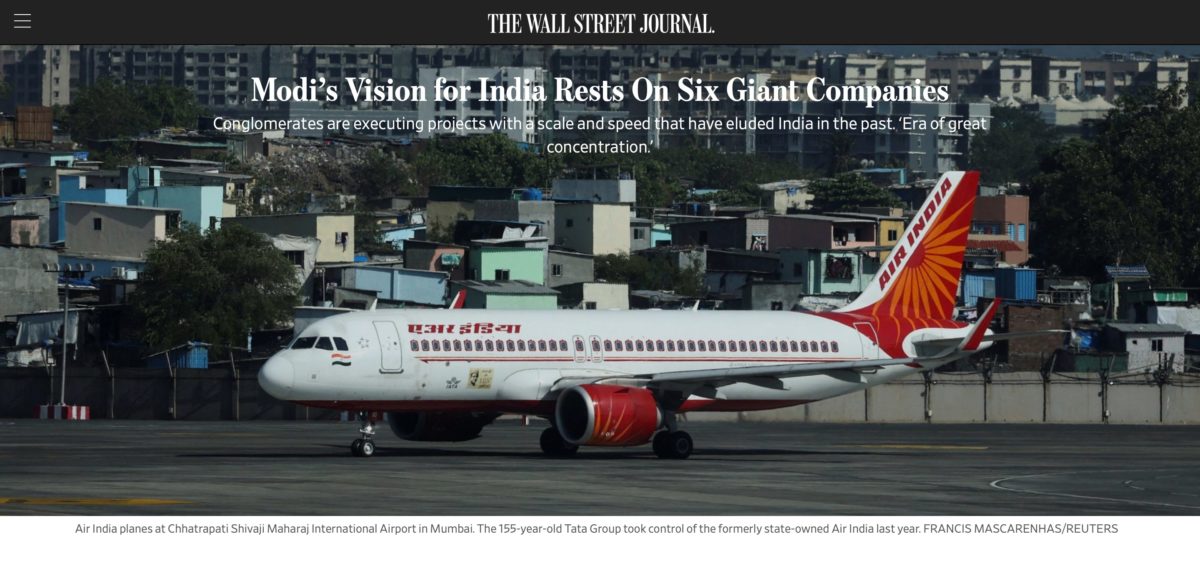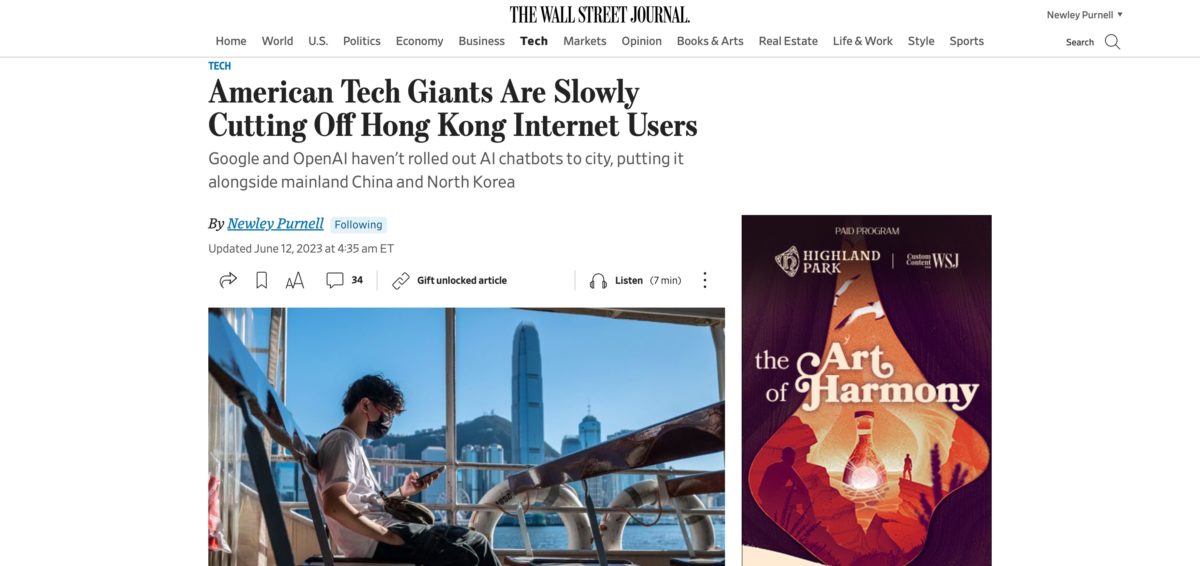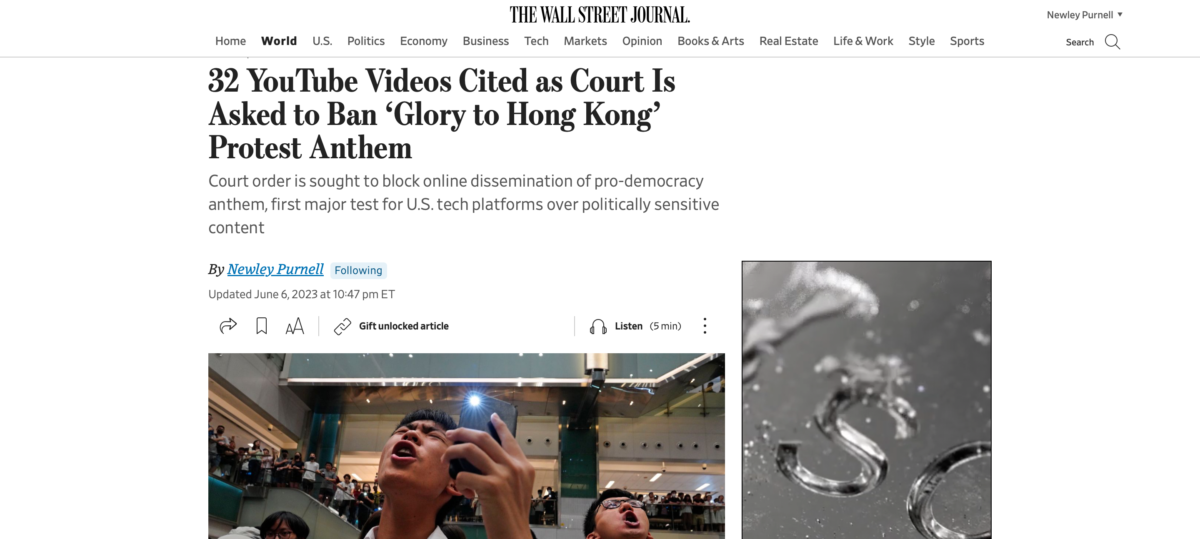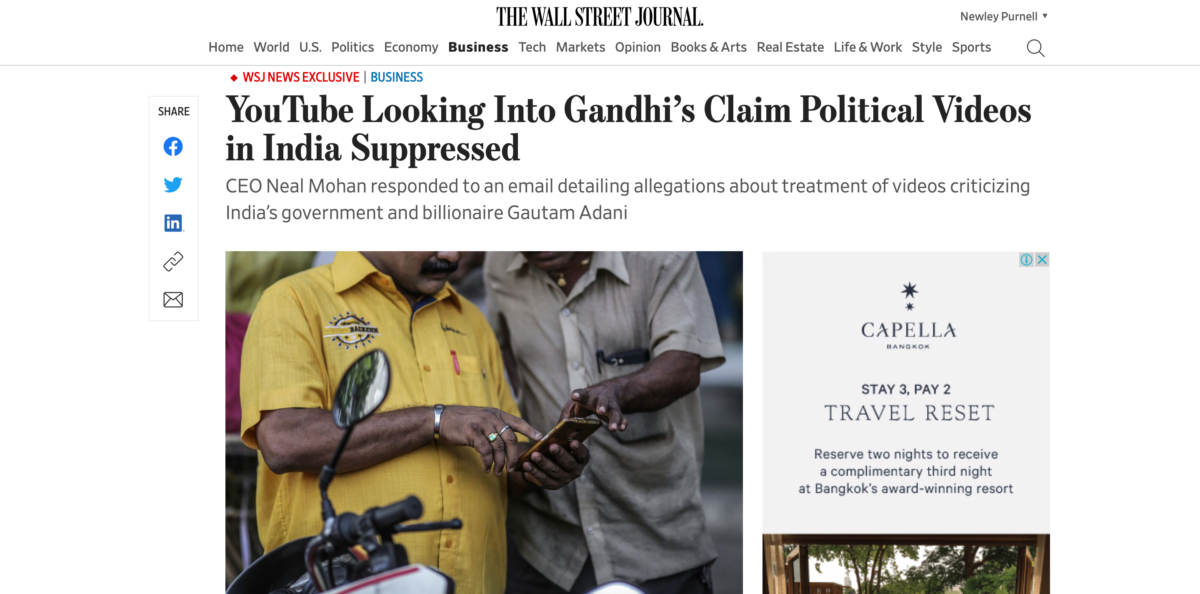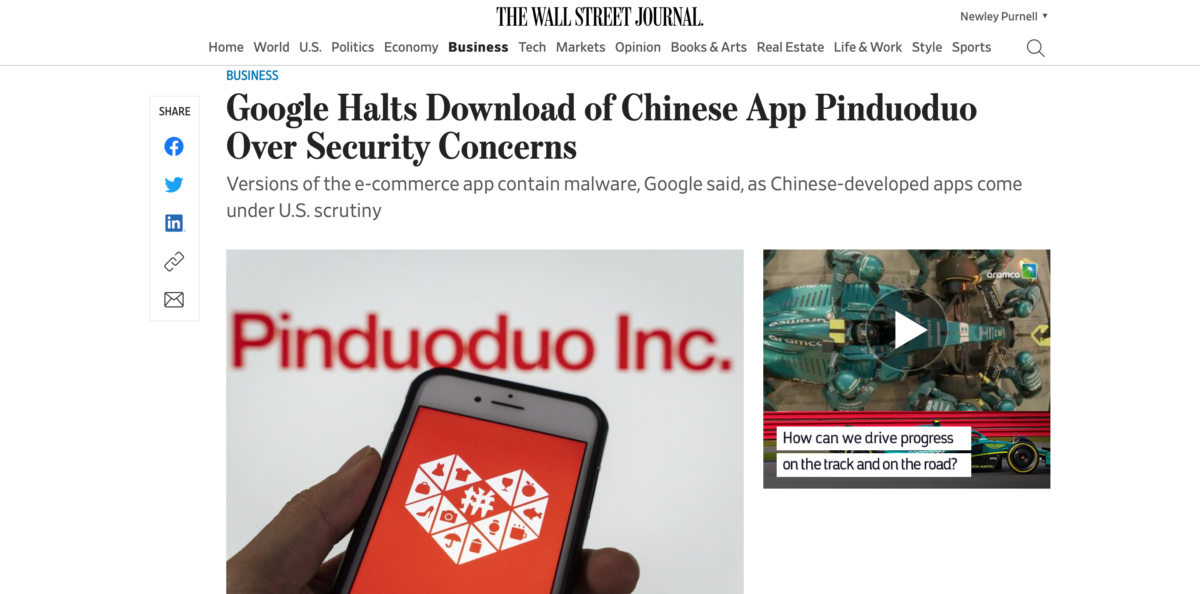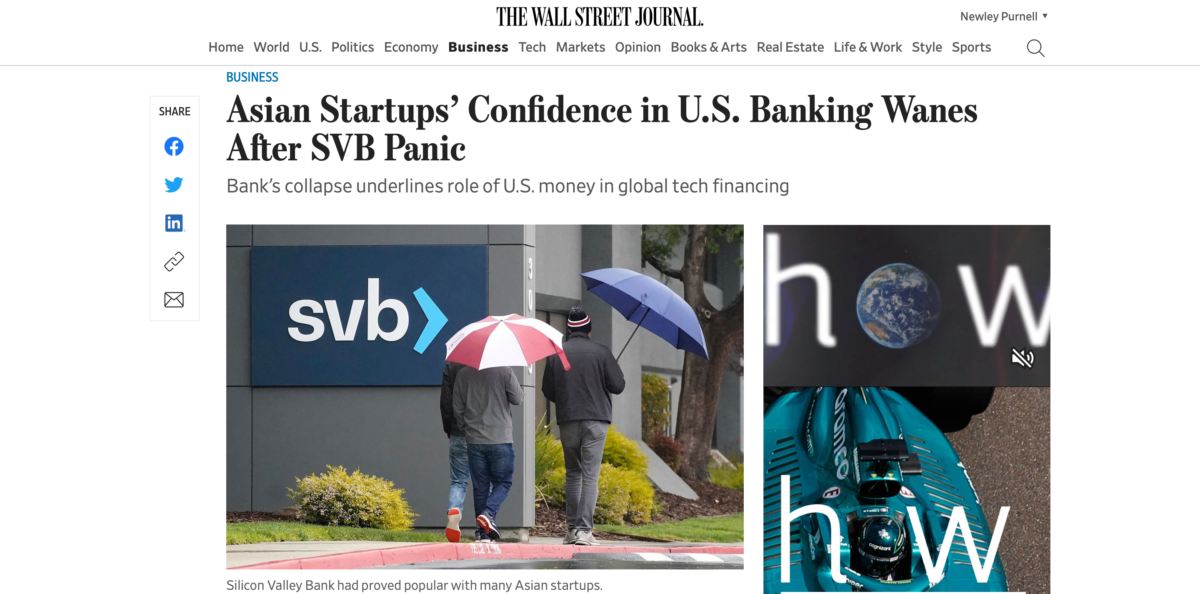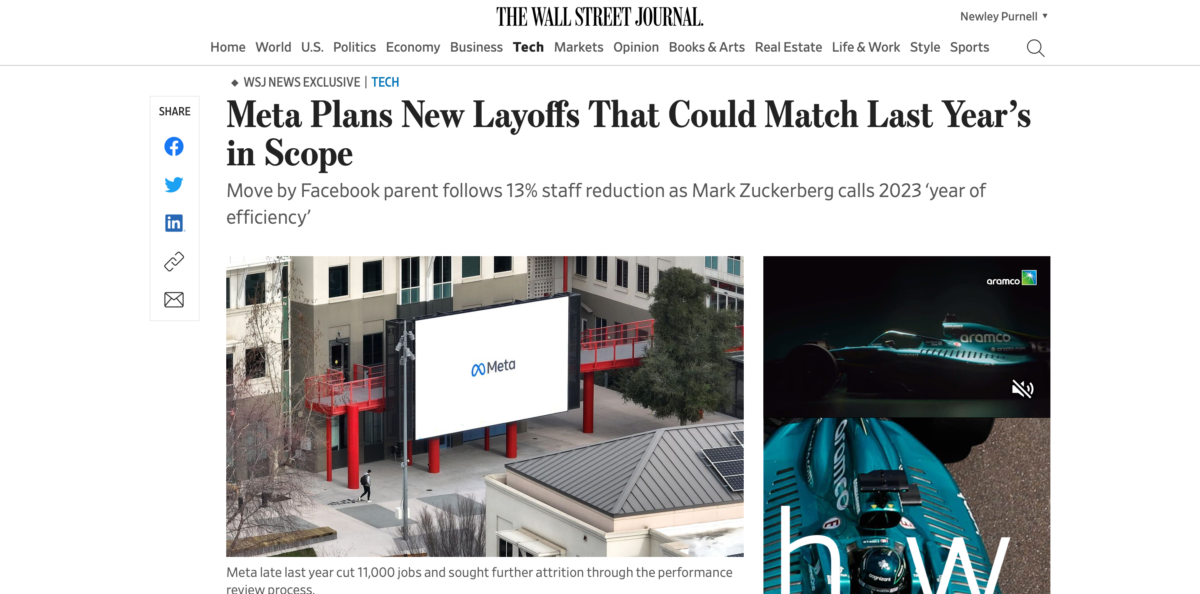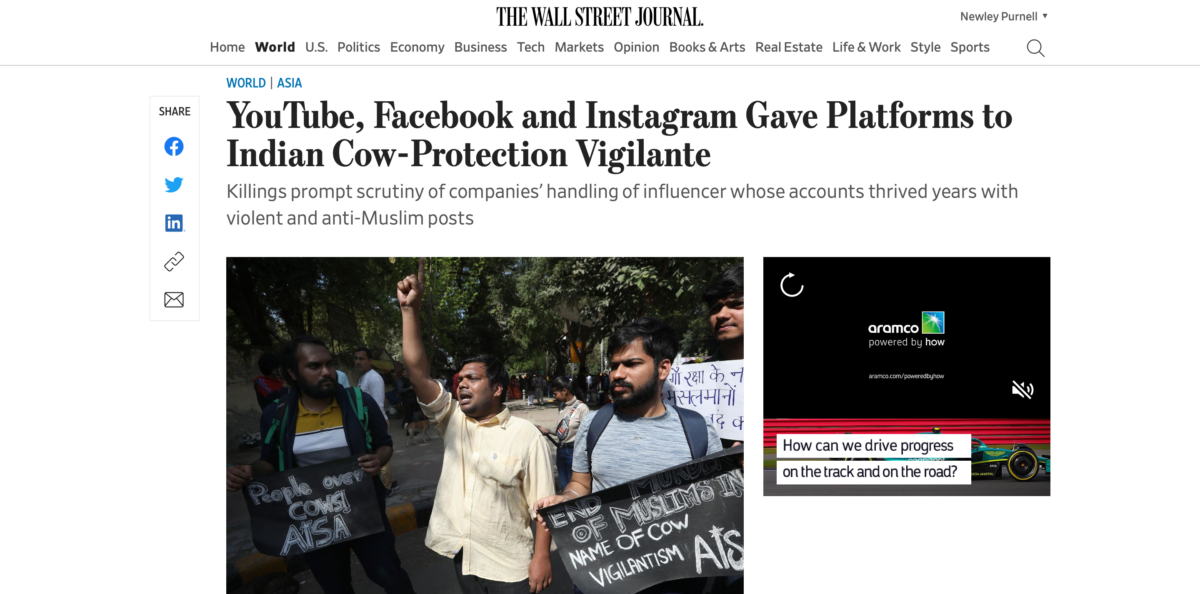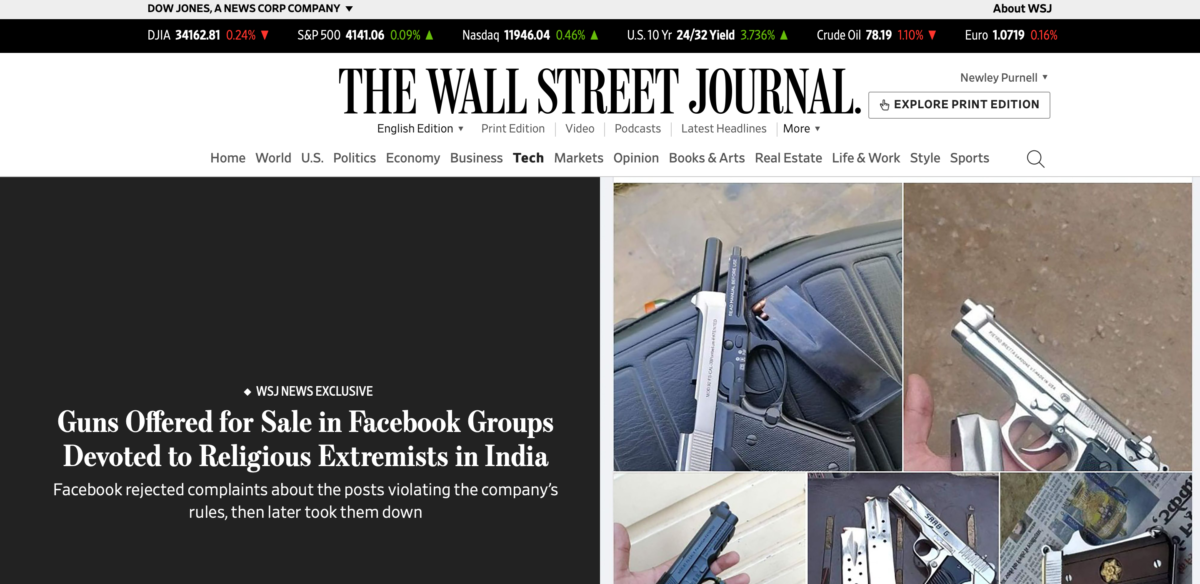That’s the headline on my newest story, a piece with my colleague Niharika Mandhana that ran on Thursday’s page one.
It begins:
NEW DELHI–Prime Minister Narendra Modi says this is India’s decade. That claim rests heavily on a handful of dominant conglomerates.
Increasingly aligned with Modi’s priorities, the roughly half-dozen mega-firms—which include Reliance Industries and Adani Group, helmed by two of Asia’s richest tycoons—have the ability to raise vast sums of capital, and the experience and political connections to navigate India’s byzantine bureaucracy. Capitalizing on government subsidies and privatization plans, they are executing projects with a scale and speed that have eluded India in the past.
Among their ventures: A new airport for Mumbai, designed by the firm founded by the late Iraqi-British architect Zaha Hadid to look like a lotus flower, which is scheduled to start opening next year after the Adani Group took it over. When completed, it’s expected to connect to high-speed rail and handle 90 million passengers annually—only slightly fewer than Atlanta’s main airport, the world’s busiest, last year.
After spending more than $45 billion to build out telecommunications networks, Reliance Industries — a petrochemicals, textiles and retail juggernaut — is constructing factories to make solar panels and batteries for energy storage to position India as a credible alternative to China. It has pledged $75 billion in green-energy spending over the next 15 years.
The 155-year-old Tata Group, which took control of the formerly state-owned Air India last year, recently placed one of the largest orders in aviation history for 470 new aircraft. The salt-to-steel-to-software behemoth, which owns British automaker Jaguar Land Rover, is forging ahead with producing electric vehicles, military transport aircraft, smartphones and telecom hardware, with plans to invest $90 billion in India over five years.
Half a dozen conglomerates now control or have major stakes in 25% of India’s port capacity, 45% of cement production, a third of steel making, nearly 60% of all telecom subscriptions, and more than 45% of coal imports. An analysis by the Center for Monitoring Indian Economy, a research firm, shows that a quarter of all new investment proposals by private companies since 2014 have come from the companies.
“This is the period where it’s not the mad rush of entrepreneurs going out to build new capacities, to become great entrepreneurs—this is the era of great concentration,” said Mahesh Vyas, CMIE’s managing director.
Click through to read the rest.
